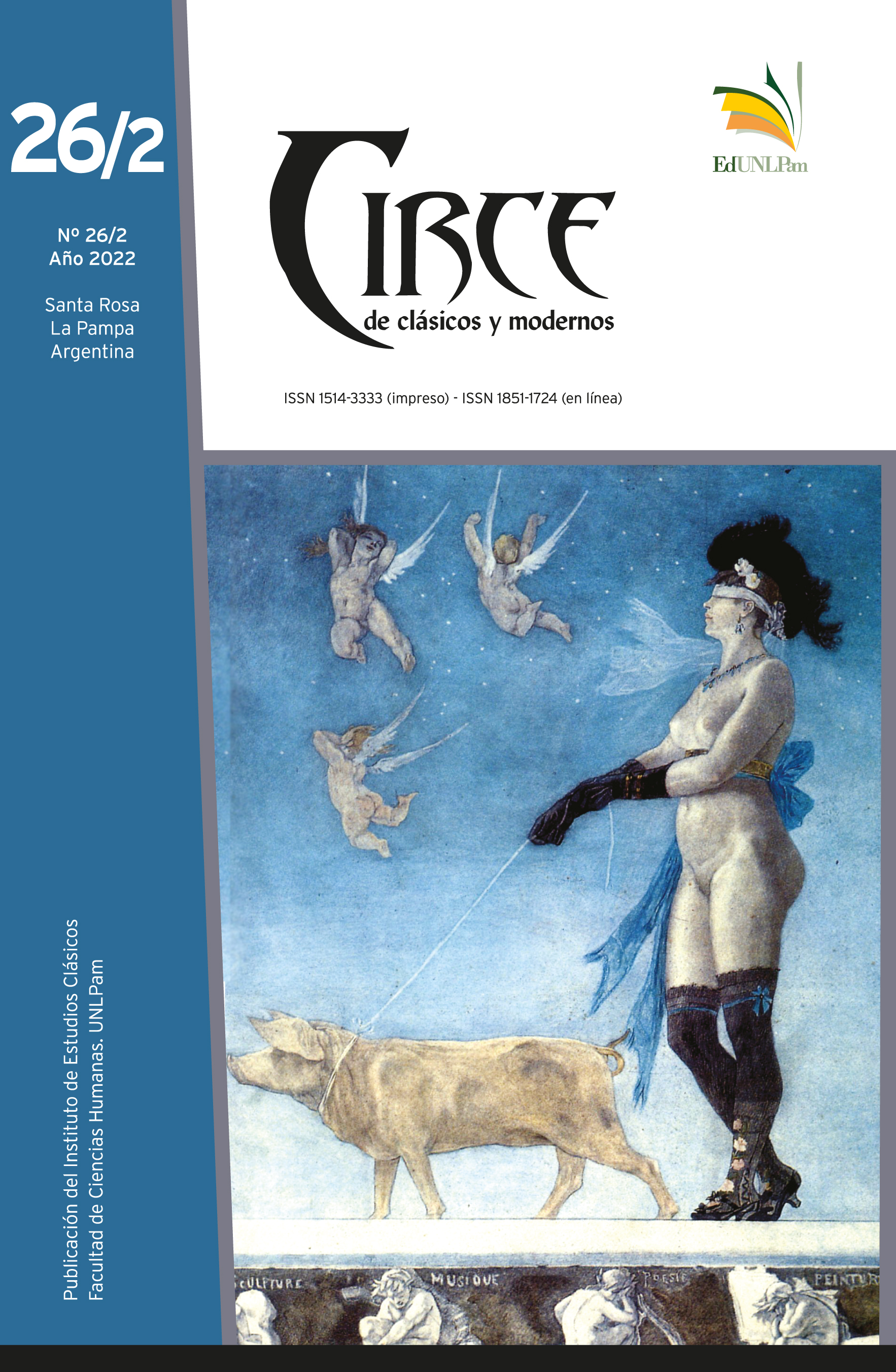Need to Hurt? Torture and Truth in the Athenian Courts and in Prometheus bound
Keywords:
basanos, torture, anangkê, Prometheus bound, enhanced interrogation techniquesAbstract
This paper examines the affective, emotional, and ideological questions raised by the practice of evidentiary torture (basanos) as necessity (anangkê). It proposes that competing ideas about its truth-value in Athenian forensic oratory reflect a degree of ambivalence sufficient to indicate that the Athenians (can) recognize the inherent unreliability of the slave’s tormented body and mind to reveal the truth. In Prometheus Bound, the torture of Prometheus is dramatized as brutal coercion by Zeus’ authoritarian state and set against the ‘coercion’ exercised by the bonds of kinship and emotional attachment. As such it engenders unbending anger on both sides and fails to coerce Prometheus to speak. The juxtaposition of the two genres establishes the unreliability of torture for extracting information along with a recognition that the criteria of exclusion for rendering bodies torturable are arbitrary, as are the rights they help maintain in the interest of Athenian exceptionalism. Fully embracing these recognitions would necessitate a new politics of care and fundamental reorganization of the civic community to expand ‘kinship’ and the bonds that compel mutual recognition and political inclusion. The paper closes by turning to the use of torture by the CIA in the context of the American war on terror to elucidate the persistence of discourses of necessity in contemporary politics of righteous anger and brings forth similar misrecognitions in the interest of American exceptionalism.
Downloads
Downloads
Published
Issue
Section
License
Los autores que tengan publicaciones con esta revista, aceptan los términos siguientes referidos a los derechos de autor/a:
1. Los autores/as conservarán sus derechos de autor y garantizarán a la revista el derecho de primera publicación de su obra, el cuál estará simultáneamente sujeto a la Licencia de reconocimiento de Licencia Creative Commons Atribución-NoComercial-CompartirIgual 4.0 Internacional (http://creativecommons.org/licenses/by-nc-sa/4.0/). que permite a terceros compartir la obra siempre que se indique su autor y su primera publicación esta revista. El autor es el titular del copyright.
2. Los autores/as podrán adoptar otros acuerdos de licencia no exclusiva de distribución de la versión de la obra publicada (postprint) siempre que se indique la publicación inicial en esta revista. La cesión de derechos no exclusivos implica también la autorización por parte de los autores para que el trabajo sea depositado en el repositorio institucional y difundido a través de las bases de datos que el editor considere adecuadas para su indización, con miras a incrementar la visibilidad de la publicación y de sus autores.
3. Se permite y recomienda a los autores/as difundir su obra a través de Internet antes y durante el proceso de envío, lo cual puede producir intercambios interesantes y aumentar las citas de la obra publicada.







.jpg)









2.png)



